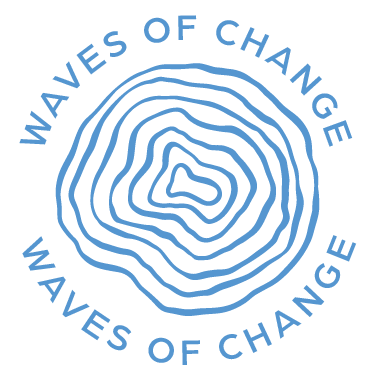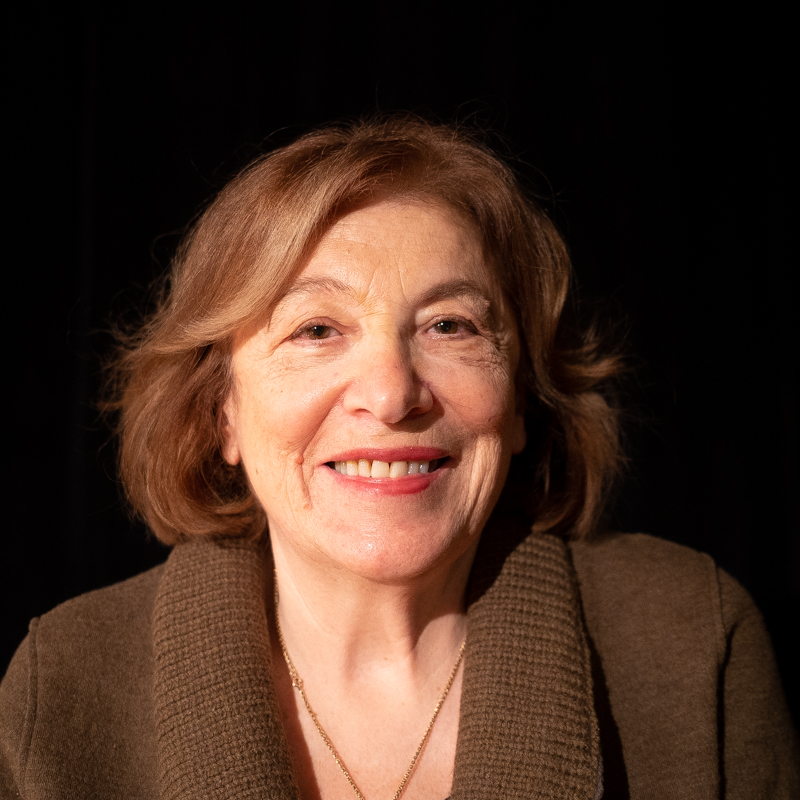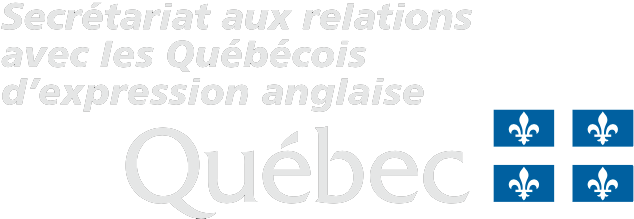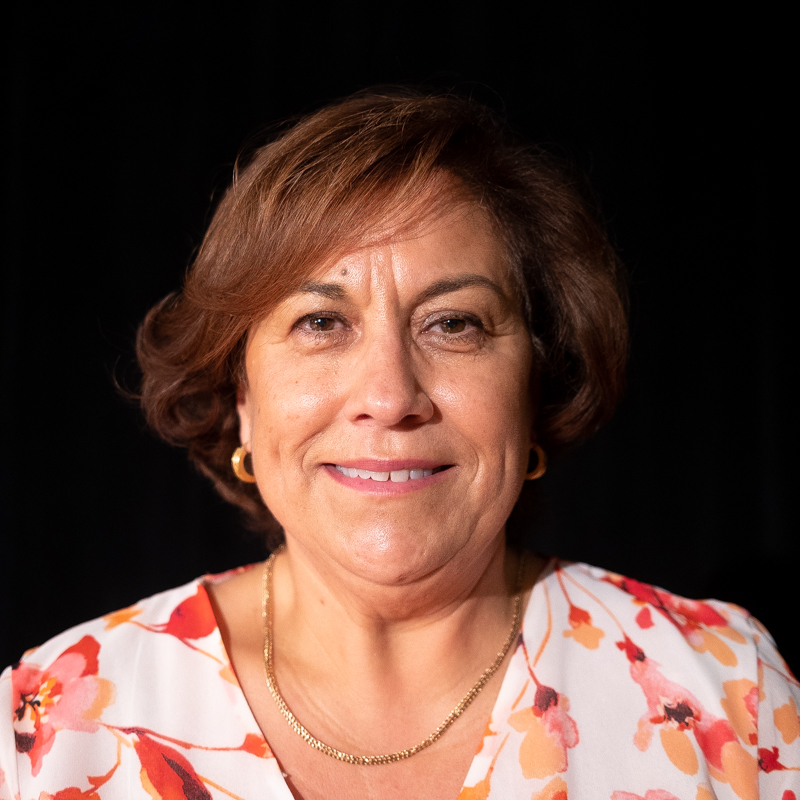 Isabelle Pereira
Isabelle PereiraI think most of us have the same experience who immigrated in the sixties. There were no social services to help immigrants that we were aware of. My father started as a dishwasher, coming from being well educated in Portugal. That's what you did to survive. My mother, from being a homemaker, started working in a factory.
It took me a while to understand that the experience I brought to Canada, my professional experience, is just not going to count. You can have the best professional experience but you better forget that when you come to Canada, and here in Quebec. You really have to start from zero and if you agree to start at the point of zero, you might have a chance to move on and achieve your potential.
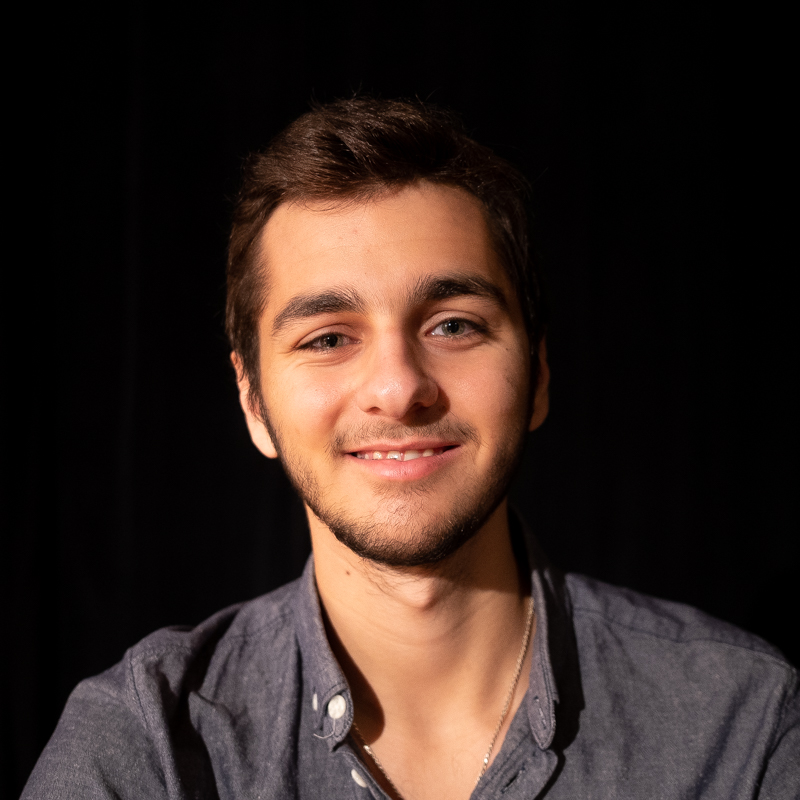 Meir Ersson-Eder
Meir Ersson-EderMy grandparents had to learn English. There was no English in their household. They spoke French and they spoke French to my parents, but my dad went to an English school. Many people have been speaking about how the Catholic school system wouldn't take the Jews, so the Protestant system would take the Jews.
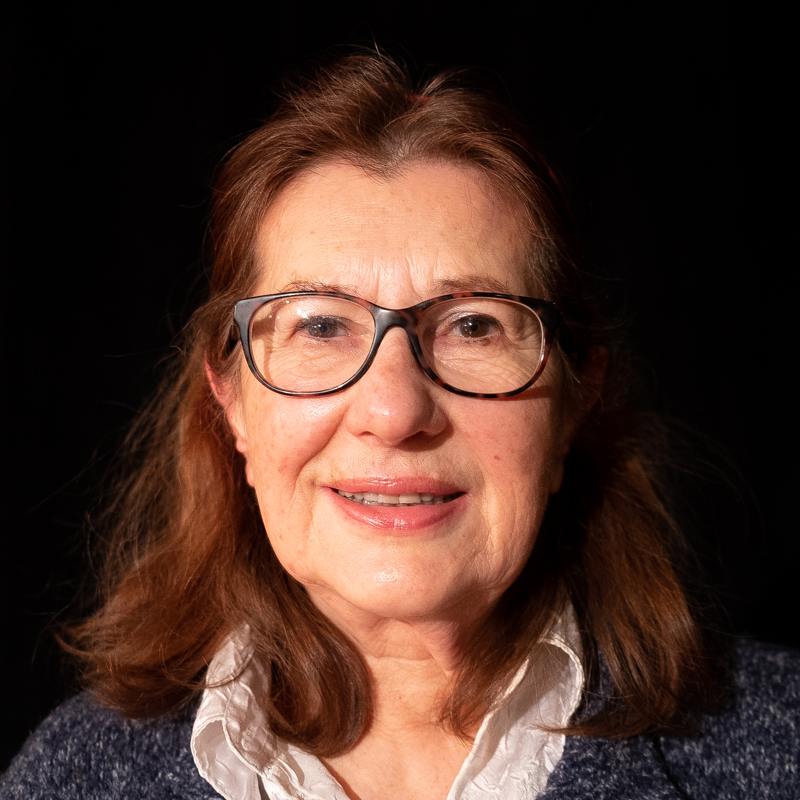 Misha Fuchs
Misha Fuchs We put the children into nursery at Notre-Dame de Sion, which is close to Marie de France. But then my daughter was registering for school. You know the children had no denomination. We are not religious, so there was only the Protestant school board, and so my daughter started going to English school.
 Dominic Cusmano
Dominic CusmanoIn Montreal there were the French Canadians, who were Catholic. And there were all the immigrants, who were not, like the Jewish people and Greek Orthodox wound up at the Protestant school board. And then there were the non-francophone Catholics, like the Italians who didn't really have a spot, so we ended up with the English sector of the Montreal Catholic Schools commission. I think Quebec is still in denial about this.
 Anna Fuerstenberg
Anna FuerstenbergI came back to Canada in the seventies from graduate school from Berkeley, and one of the first things I did was vote for René Lévesque because he seemed like the most intelligent person running. At the time I hadn't really considered the consequences, which were that all the doors shut in my face, regardless of my fluency in
French.
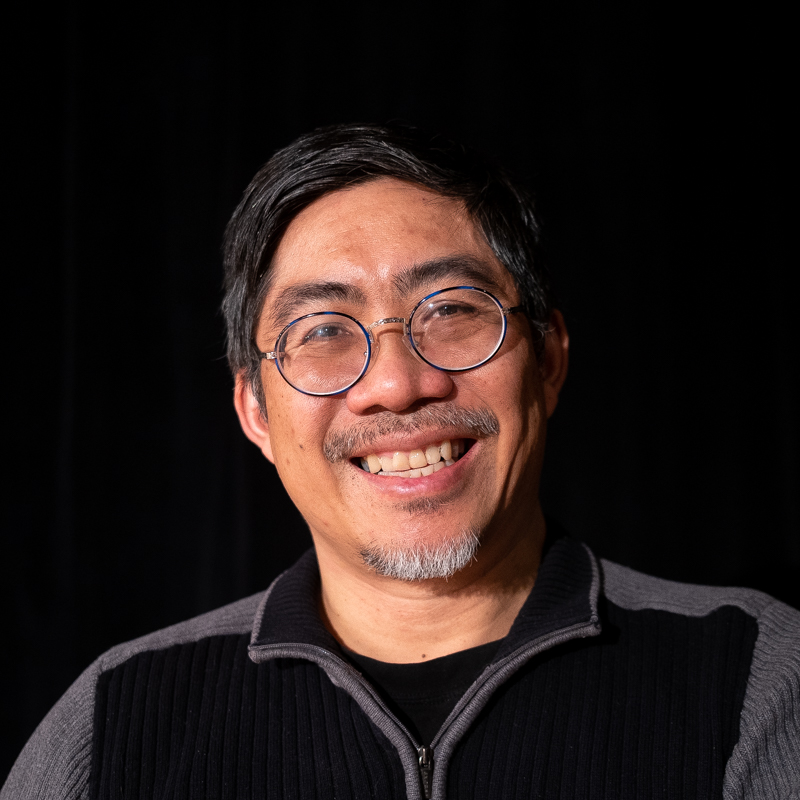
Walter China Tom
Le vote ethnique. The Palais des Congrès is right next to Chinatown. We had armed police at that time because we were afraid there was going to be racial violence because once again because we were perceived as being against the francophone movement. That was very scary, especially for those that that fled communist China to begin with because of political persecution.
 Deborah Forde
Deborah FordeWhen we talk about the English ruling class, the myth has always surrounded those people in Westmount. That's a very small part of who we are. I also see a perpetuation of the myth of the francophone as oppressed in Quebec. I think that one is more problematic in the sense that as long as you're seeing yourself as oppressed you can’t see yourself as the oppressor.
 Thalia harwood Farkas
Thalia harwood FarkasI think my dad's side of the family was probably more used to it quote unquote because they left a country they weren't wanted from before. And as far as the referendum and all that: ‘Well it's never going to be as bad as what we left, it's just not.’ They had their roots and they weren't leaving.
 Maria Longo
Maria Longo I thank my father every day of my life for the decision that he made to bring us to this country to do better for ourselves. We struggled a lot, but we made it. We were scared, but here we are.
What We Choose to Remember features a cast of more than 30 characters, whose families arrived in successive waves of immigration. The oldest families arrived during the period of ‘two solitudes’ when Montreal’s population was more than 50% English. They share firsthand accounts decades of political upheaval. The most recent immigrants arrived believing linguistic conflicts were ancient history.
Visit the website to watch the trailer and find tickets to our public screenings ︎ Visit the website to watch the trailer and find tickets to our public screenings ︎
Visit the website to watch the trailer and find tickets to our public screenings ︎ Visit the website to watch the trailer and find tickets to our public screenings ︎
Acknowledgements
Our story takes place on the Indigenous lands of the Kanien’kehá:ka (Mohawk) nation of the Haudenosaunee Confederacy. Tiotià:ke (known as Montréal) has existed as a meeting place of many First Nation peoples, including but not limited to the Abenaki , Anishinaabeg (Algonquin), and the Huron-Wendat. We extend our deepest respect to the elders of these nations and to all Indigenous peoples who carry the history of this island’s land and waters. We also call upon all levels of government to adopt and implement the 94 recommendations of the Truth and Reconciliation commission.
We acknowledge the support of our sponsors
Our story takes place on the Indigenous lands of the Kanien’kehá:ka (Mohawk) nation of the Haudenosaunee Confederacy. Tiotià:ke (known as Montréal) has existed as a meeting place of many First Nation peoples, including but not limited to the Abenaki , Anishinaabeg (Algonquin), and the Huron-Wendat. We extend our deepest respect to the elders of these nations and to all Indigenous peoples who carry the history of this island’s land and waters. We also call upon all levels of government to adopt and implement the 94 recommendations of the Truth and Reconciliation commission.
We acknowledge the support of our sponsors
